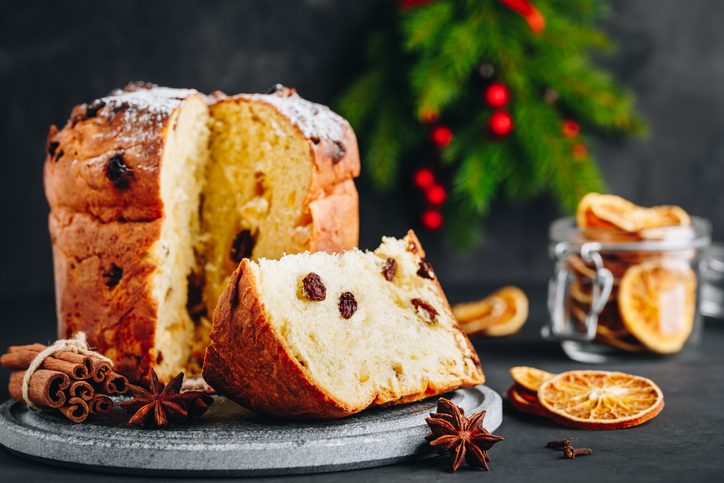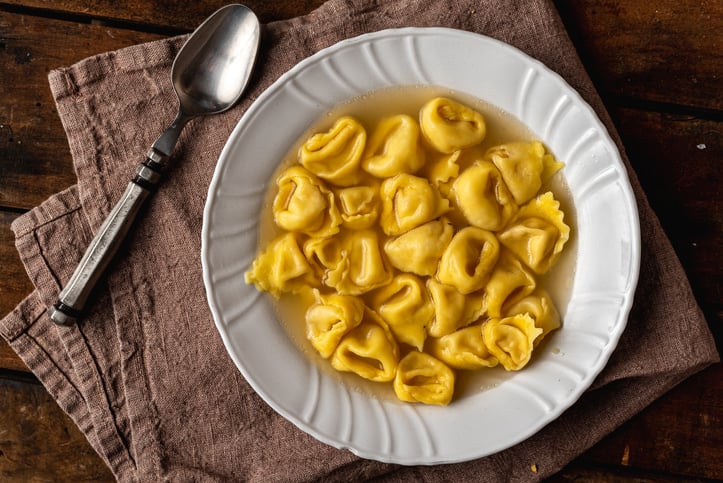

If you're in Rome over the holidays, a great way to further immerse yourself in the local culture and get the full study abroad experience is by taking part in some of Rome’s (and Italy’s) greatest holiday traditions. You’ll notice that in December, the atmosphere in Rome is especially cheerful, with holiday lights and ornaments adorning the streets and piazzas. But if there’s one thing you have to experience during the holidays, it’s the local cuisine. Many traditional foods are only eaten once a year, so don’t miss your chance to try them!
Traditional Dishes
For Romans, holiday meals often rely heavily on seafood and may include dishes such as brodo di arzilla (a fish broth usually served with broccoli and pasta), spaghetti with clams, and everyone's favorite: fritto misto, a mix of fried and battered pieces of various types of fish such as codfish, shrimp, and calamari. The fritto misto may be made also with vegetables, including zucchini and artichokes. Elsewhere in the country, Italians celebrate the holiday season with a variety of pasta dishes, such as lasagne or cappelletti in brodo, a broth with pasta that is typically stuffed with meat and cheese, usually followed by a meat course, such as roasted lamb or rooster.

Holiday Sweets
During the holiday season, bakeries in Rome will pull out all the stops to prepare special treats that they serve just once a year. One of the most famous Italian holiday confections is panettone, a fluffy leavened sweet bread that originated in Milan and comes in many different variations. Common add-ins include raisins, candied fruit, lemon zest, and pine nuts. Pandoro is another popular sweet bread baked into the shape of a star and traditionally flavored with vanilla, although you may find different variations including chocolate-glazed ones. Students perusing bakeries can also spot torrone, a nougat candy made from sugar, honey, and egg whites, and often containing chocolate or nuts. In Rome, the most traditional holiday dessert of all is probably pangiallo, a dry cake originating in imperial times, made from a mixture of dried fruit, honey, and nuts.
Are you ready to try some of these foods for yourself?
Check out John Cabot University for your study abroad destination.




